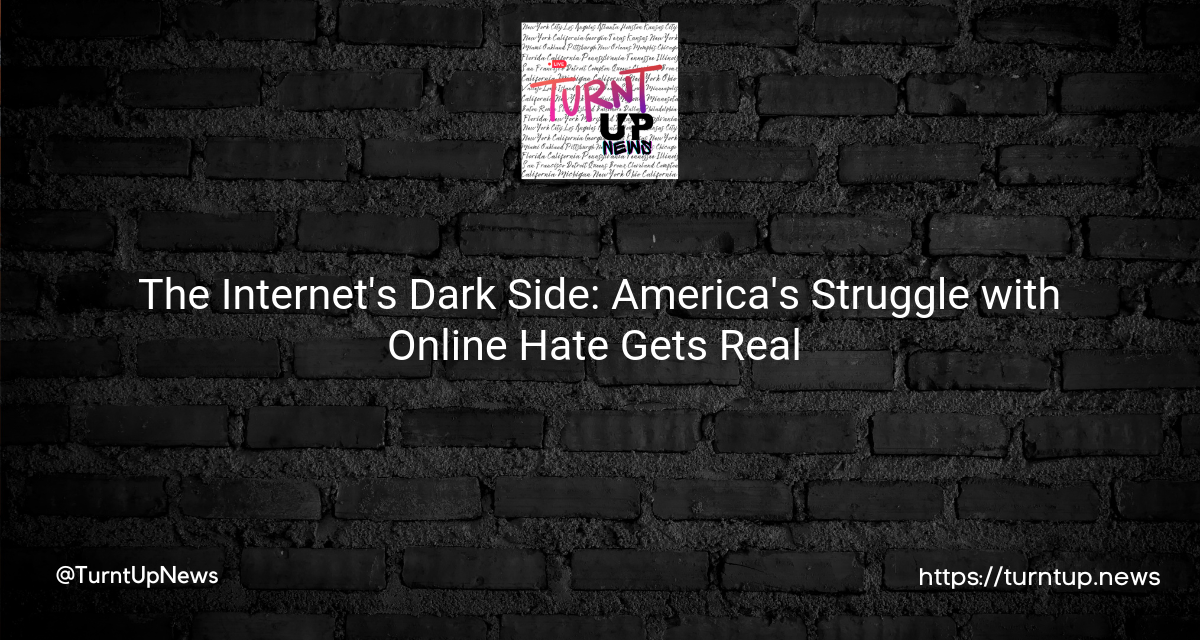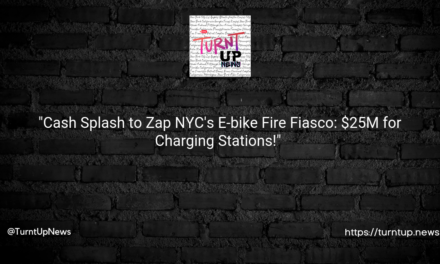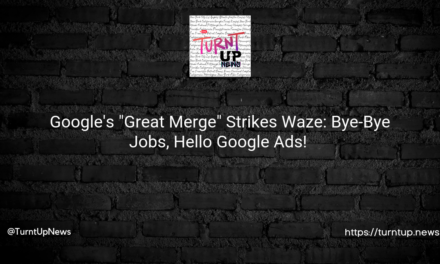😠💻 The Internet’s Dark Side: America’s Struggle with Online Hate Gets Real 🎭
TL;DR:
Online hate and harassment have shot up like a rogue firework in 2023! Reports of online animosity rose across practically all demographics, with more than half of American adults admitting they’ve been a victim at some point. The uptick was especially noticeable among Black, Muslim, and Jewish communities. In an era where social media rules our lives, we can’t ignore the dark side anymore, folks. But hey, what’s behind this surge? And, more importantly, how do we put a stop to this torrent of cyber nastiness? 🤔📲💔
Story:
Society may be leaping forward, but it seems like our online behavior is regressing. Online hate and harassment have skyrocketed in 2023, leaving both adults and teens in the splash zone. Reports suggest a distressing surge in online vitriol within nearly every demographic group, with more than half (52%) of all American adults stating they’ve had their online peace shattered at some point. Wait a minute; are we all just keyboard warriors now? 🎯💻😟
While the rise in online hate was felt universally, it took a more ominous turn for some groups. Black, Muslim, and Jewish respondents bore the brunt of this digital onslaught. Particularly for Jewish respondents, there was a significant hike in harassment, with a noteworthy number of them avoiding revealing their religious identity on social media. I mean, imagine not being able to freely express your identity due to fear. Isn’t that something from a dystopian novel? ⏳👥🚫
And brace yourself for this bit. The upturn in online hate among teenagers is even more eye-popping than among adults, with a staggering 51% experiencing some form of online hate. Are our kids learning to troll before they learn trigonometry? And if so, what kind of a digital world are we shaping for them? 👀📚💥
This digital dumpster fire doesn’t stop at just adults and teens. The survey shed light on another harrowing fact. A shocking 76% of transgender respondents and 47% of LGBQ+ respondents experienced harassment in the past twelve months. Remember, these aren’t just numbers on a page; they’re real people experiencing real hurt. So, the big question is, when did ‘love wins’ become ‘hate trolls’? ❤️🏳️🌈📉
The platform that took the dubious honor of being the most popular for online harassment was Facebook. Meanwhile, Twitter and Reddit also saw a considerable rise in cyber vitriol. How are the social media giants responding to these stats? Are the existing measures to prevent online harassment enough? Or do we need a bigger digital sledgehammer to crack this problem? 🔨💡🚦
Now that we’ve painted this grim picture, it’s time for some introspection. Are we becoming more intolerant? Or is this just the dark underbelly of free speech coming to light with the rise of social media? We can’t ignore these questions anymore because let’s face it, we are all part of this digital ecosystem. And if it’s going toxic, it’s on us to detoxify it. So, how can we make the internet a friendlier place without curbing free speech? 🌍💻🕊️
Disclaimer: The information provided in this article is based on a survey and does not constitute advice of any kind. It’s purely meant for information purposes.
Now, over to you, dear readers. Let’s have an open, respectful dialogue about this.





